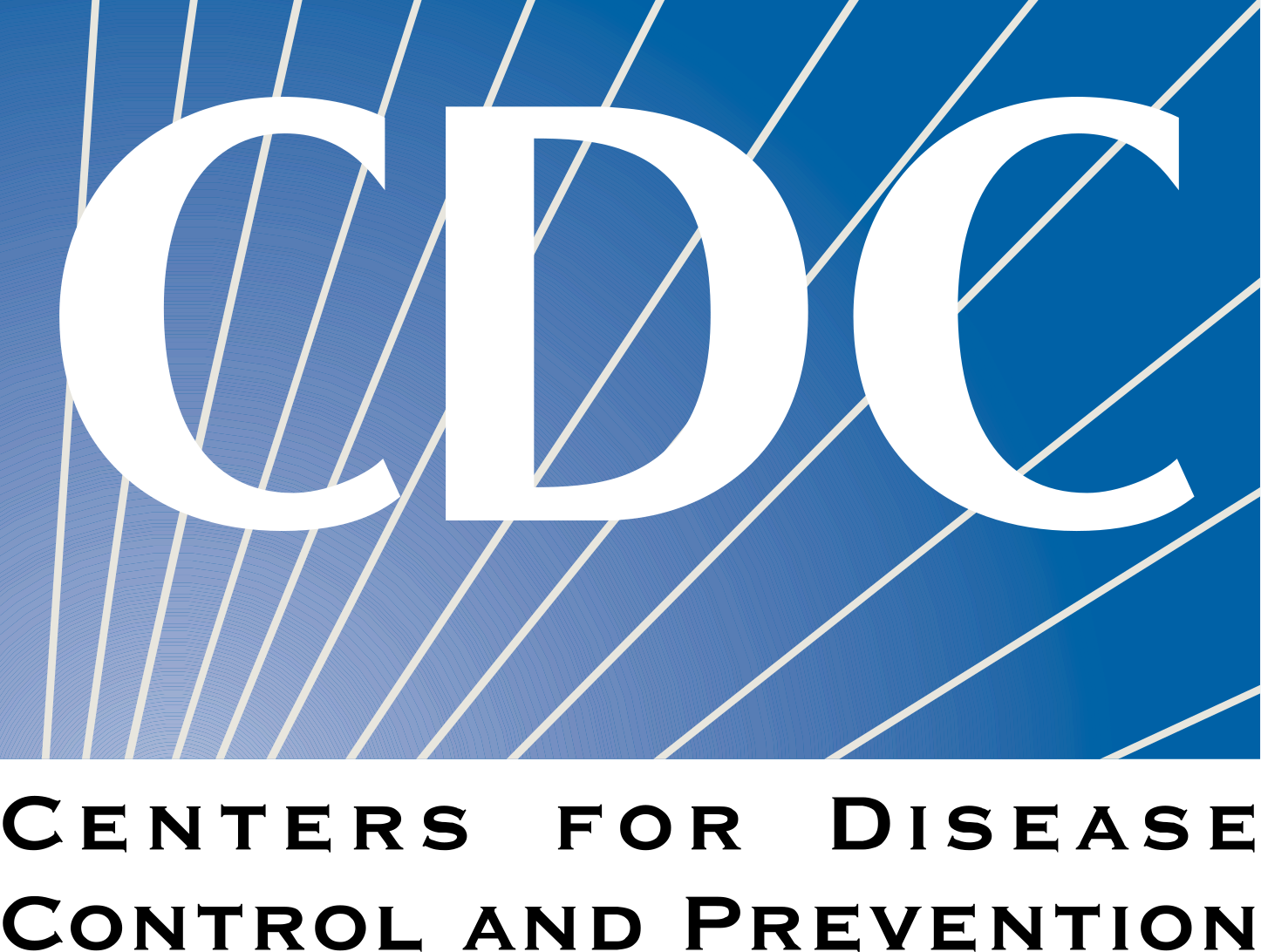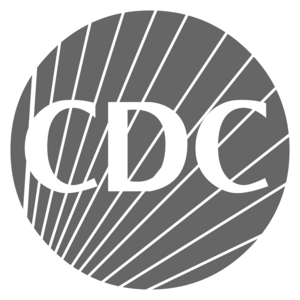Disease Control And Prevention: A Comprehensive Guide To Staying Healthy
When it comes to disease control and prevention, we’re talking about one of the most crucial aspects of modern healthcare. It’s not just about avoiding illnesses; it’s about creating a healthier world for everyone. From the common cold to more serious diseases, understanding how to prevent and control them is essential. This guide will walk you through everything you need to know, from the basics to advanced strategies, so you can take charge of your health.
Imagine this: you wake up one morning feeling a little off. Your throat is scratchy, your head is pounding, and you’re wondering if you caught something from the office or that crowded bus ride. This is where disease control and prevention come into play. It’s not just about reacting to illnesses but proactively avoiding them in the first place. And trust me, it’s way better than dealing with the aftermath.
Now, before we dive deep into the nitty-gritty, let’s get one thing straight. Disease control and prevention aren’t just for doctors or scientists. They’re for everyone. Whether you’re a busy parent, a college student, or a working professional, these practices can make a massive difference in your life. So, buckle up, because we’re about to break it down step by step.
Read also:Was Laverne Coxs Twin Brother Unveiling The Truth Behind The Rumors
What Exactly is Disease Control and Prevention?
Let’s start with the basics. Disease control and prevention refer to the methods, strategies, and actions taken to reduce the spread of diseases and keep people healthy. It’s like having a shield against all those nasty bugs and germs out there. Think of it as a combination of education, vaccination, hygiene practices, and public health policies—all working together to keep you safe.
One of the key players in this field is the Centers for Disease Control and Prevention (CDC). They’re like the superheroes of health, constantly monitoring outbreaks, conducting research, and providing guidelines to keep everyone safe. But it’s not just about the big organizations. It’s also about what you can do on a personal level to protect yourself and your loved ones.
The Importance of Disease Control and Prevention
Why does disease control and prevention matter so much? Well, it’s simple. Without it, we’d be living in a world where diseases spread like wildfire. Imagine a scenario where no one washes their hands, vaccines don’t exist, and people don’t practice social distancing during outbreaks. Sounds chaotic, right? That’s why these practices are vital.
Not only do they help reduce the burden on healthcare systems, but they also improve the quality of life for millions of people. By preventing diseases, we save lives, reduce healthcare costs, and create a healthier, more productive society. And honestly, who doesn’t want that?
Key Strategies for Disease Control and Prevention
Now that we know why it’s important, let’s talk about how you can implement these strategies in your daily life. Here are some of the most effective methods:
Vaccination
Vaccines are like magic potions that protect you from harmful diseases. They work by training your immune system to recognize and fight off specific pathogens. Whether it’s the flu shot, measles vaccine, or the latest COVID-19 booster, staying up to date with your vaccinations is one of the best things you can do for your health.
Read also:When Does Morgan Leave Criminal Minds The Full Story Behind Morgans Departure
Hygiene Practices
Washing your hands might seem like a no-brainer, but it’s incredibly effective at preventing the spread of diseases. Use soap and water, scrub for at least 20 seconds, and make sure to clean all those hard-to-reach spots. And don’t forget about other hygiene practices, like covering your mouth when you cough and avoiding touching your face.
Healthy Lifestyle Choices
Eating a balanced diet, exercising regularly, and getting enough sleep can boost your immune system and make you less susceptible to diseases. It’s like giving your body a superpower to fight off infections. Plus, it just makes you feel good overall.
Understanding the Role of Public Health
Public health plays a huge role in disease control and prevention. It involves everything from monitoring disease outbreaks to implementing policies that protect communities. Think about things like water sanitation, air quality regulations, and food safety standards. These are all part of the bigger picture when it comes to keeping people healthy.
Public health organizations like the World Health Organization (WHO) and the CDC work tirelessly to ensure that everyone has access to the information and resources they need to stay safe. They’re the ones who track global health trends, issue warnings during outbreaks, and provide guidance on how to prevent diseases.
Common Diseases and How to Prevent Them
Let’s take a closer look at some of the most common diseases and the steps you can take to prevent them:
Respiratory Infections
Respiratory infections like the flu and pneumonia are incredibly common. To prevent them, make sure you get your annual flu shot, practice good hygiene, and avoid close contact with sick individuals. If you do get sick, stay home to avoid spreading germs to others.
Gastrointestinal Infections
These infections, often caused by contaminated food or water, can be pretty nasty. The best way to prevent them is to wash your hands before handling food, cook food thoroughly, and drink clean water. And if you’re traveling to a country with questionable water quality, stick to bottled water.
Vector-Borne Diseases
Diseases like malaria and dengue fever are spread by insects. To protect yourself, use insect repellent, wear long sleeves and pants in areas where these diseases are common, and sleep under mosquito nets if necessary.
Emerging Diseases and Their Impact
Emerging diseases are a growing concern in today’s world. With global travel and climate change, new diseases are popping up all the time. This is why staying informed and taking preventive measures is more important than ever.
For example, the recent emergence of diseases like Zika and Ebola has shown us how quickly they can spread if we’re not prepared. Public health organizations are constantly on the lookout for new threats, but it’s also up to us to do our part by following guidelines and staying vigilant.
The Role of Technology in Disease Control
Technology has revolutionized the field of disease control and prevention. From advanced diagnostic tools to telemedicine, we now have more ways than ever to monitor and manage health issues. Apps and wearable devices can track your vital signs, remind you to take medications, and even alert you to potential health risks.
And let’s not forget about data analytics. By analyzing health data, researchers can identify trends, predict outbreaks, and develop targeted interventions. It’s like having a crystal ball for public health.
Challenges in Disease Control and Prevention
Of course, there are challenges to overcome. Not everyone has access to the same resources, and misinformation can spread just as quickly as diseases. That’s why education and awareness are so important. We need to empower people with the knowledge and tools they need to protect themselves and their communities.
Another challenge is vaccine hesitancy. Despite overwhelming evidence of their safety and effectiveness, some people still refuse to get vaccinated. This can lead to outbreaks of preventable diseases, putting everyone at risk. It’s a complex issue that requires ongoing dialogue and education.
How You Can Make a Difference
You might be wondering, “What can I do to help?” The good news is, there’s a lot you can do. Start by educating yourself and others about disease control and prevention. Share reliable information, follow public health guidelines, and advocate for policies that promote health and wellness.
You can also support organizations that work in this field, whether it’s through donations, volunteering, or simply spreading the word. Every little bit helps, and together, we can make a big impact.
Conclusion: Taking Action for a Healthier Future
In conclusion, disease control and prevention is a critical aspect of modern healthcare. By understanding the basics, implementing key strategies, and staying informed, we can all play a role in creating a healthier world. Remember, it’s not just about protecting yourself—it’s about protecting everyone around you.
So, what are you waiting for? Start making changes today. Wash your hands, get vaccinated, and practice healthy habits. And don’t forget to share this article with your friends and family. Together, we can make a difference. Leave a comment below and let me know what steps you’re taking to stay healthy!
Table of Contents
- What Exactly is Disease Control and Prevention?
- The Importance of Disease Control and Prevention
- Key Strategies for Disease Control and Prevention
- Understanding the Role of Public Health
- Common Diseases and How to Prevent Them
- Emerging Diseases and Their Impact
- The Role of Technology in Disease Control
- Challenges in Disease Control and Prevention
- How You Can Make a Difference
- Conclusion: Taking Action for a Healthier Future
Article Recommendations


